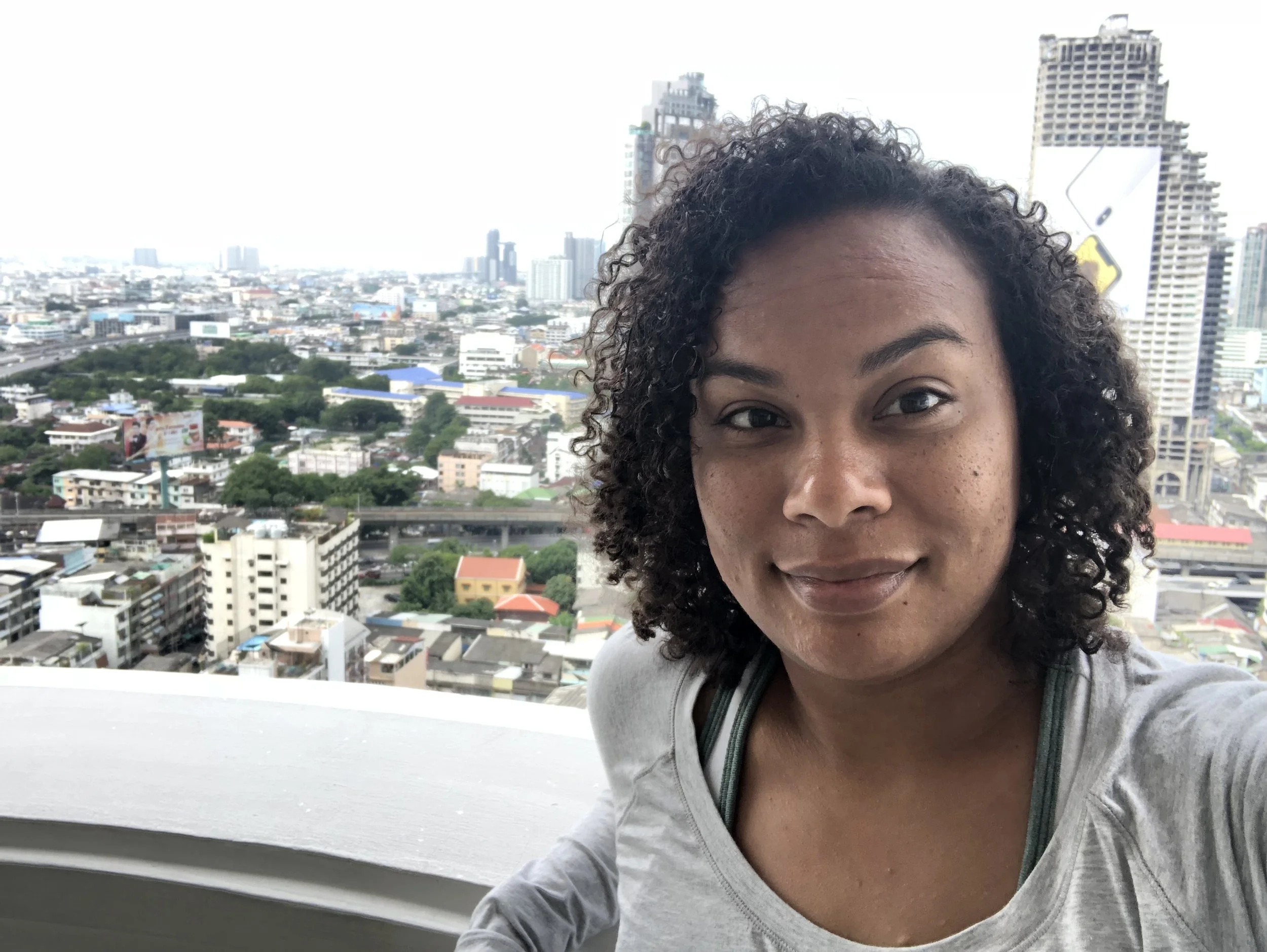Figuring Out What To Do Next
/We all come to that point in our careers where we get asked “What do you want to do next?”
I have to answer this right now as I’m going through a career pivot and truly have to decide what I want to do next. I have to decide so I can apply to the right jobs, at the right places and hopefully, secure a job I’ll be happy with. It sounds exciting to think about but it can be daunting. There are just so many things we as people can do! After a couple of weeks of being a little bit stagnant, it was time to just sit down think about it and write it down.
I love writing notes but I like making tables/charts more. So to figure out what to do next - I made a chart. Two columns “Things I love doing” “Things I hate doing”. I started with the ‘hate doing’ first because psychology tells us the brain reacts more to negatives than positives so naturally, those were WAY easier to come up with. The shortcut then is to write down the opposite of all the hates but that’s not really LOVE. That’s more like “Things I don’t hate doing.”
To figure out what I loved to do, I thought about the times I’ve been super excited to get out of bed for work, felt energized at work, felt hyper-ish and happy just recalling a moment. I then broke those moments out - what the moment, was anyone else involved, what was my role in the moment and what other moments felt that way. By doing this, I could narrow down if it’s replicable or not. Some moments, it was a particular person I worked with. I might never work with that person again but I can seek positions that work with someone that has skillsets that are similar to the person I loved worked with.
Once I figured out my “loves” I started looking for jobs where some of the responsibilities and/scope aligned with the position. I got a whole bunch of different titles - “Strategist” “Chief of Staff” ‘Business Operations Director” “Change Management Director” etc etc. I saved bullet points to make my own job req with most of my loves. The next step is to find a company I really like (we’ll talk about how you figure this out) and see if they have a position that lines up with my “loves”. I’ve found a couple that I feel really good about but I wouldn’t be able to be this narrow without sitting down and writing it out.
So on your next commute, or on a 15 minute break or literally any other time you have 10 minutes, try this exercise out! It’s a love/hate situation :)


